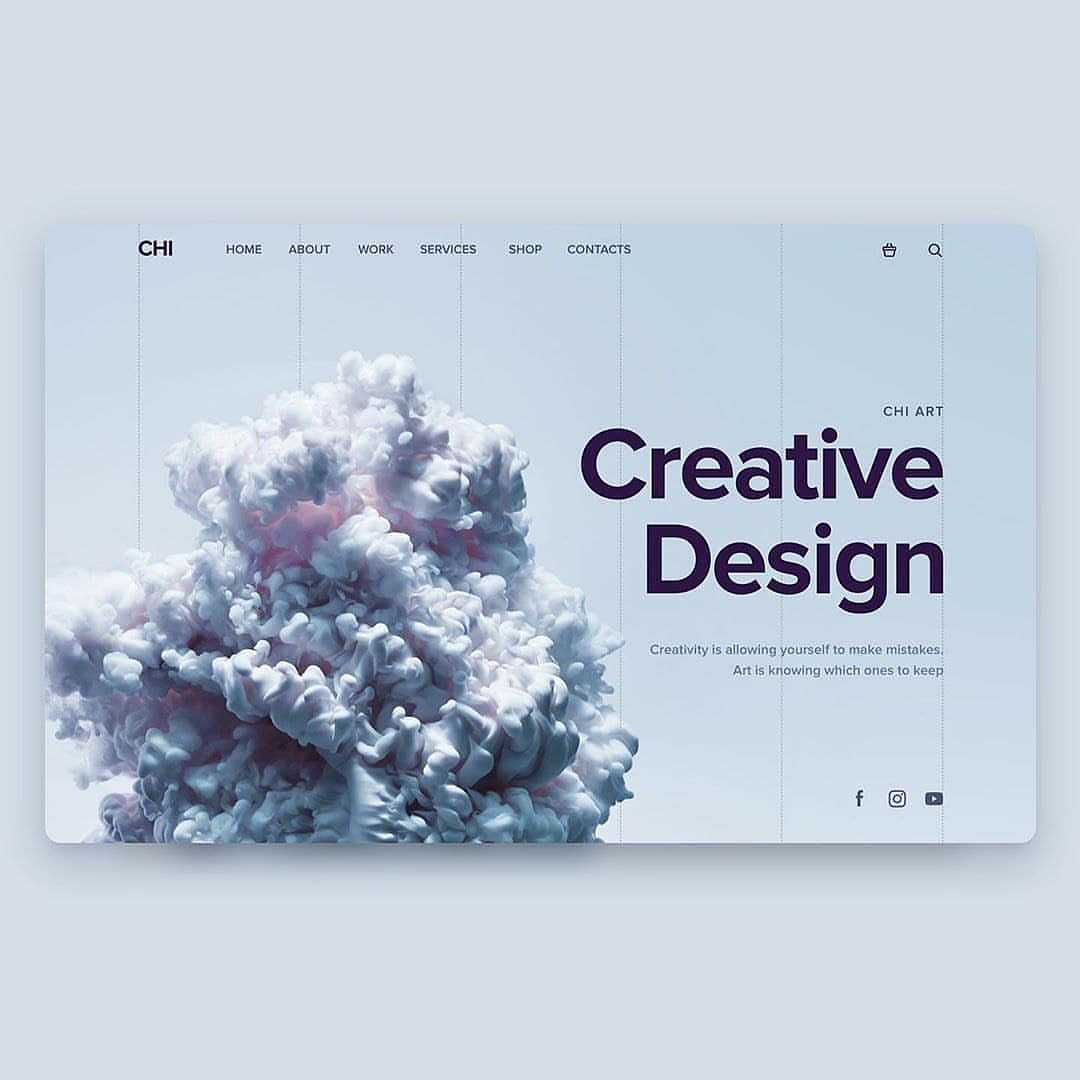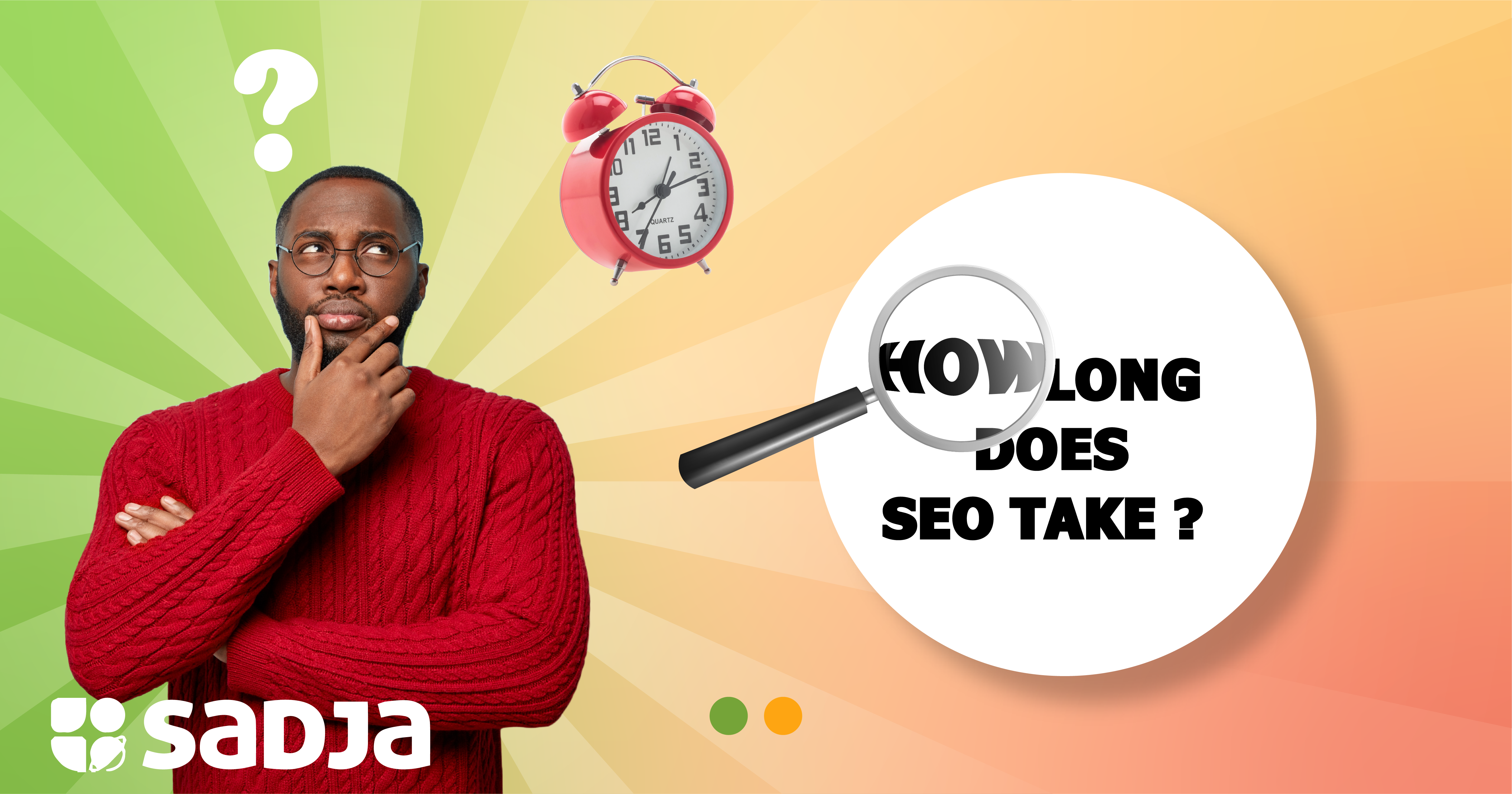The internet is a vast, nearly infinite digital network of networks. There are billions of websites on it competing for the attention of the people who use it daily. When designing a website, it can be challenging to think about all the competition you’ll face. But, it helps to remember that within that vast number of sites, there are several categories trying to achieve different goals.
So, why is this a good thing? It means the majority will not be direct competition.
As you consider the best approach to build your website, you need to evaluate what kind of website you need it to be. This will save you a lot of confusion in the future. Besides, when you identify the specific goals and setup you need, it becomes easy to find other websites in your niche and study them for inspiration. Here are the most popular website-types you will see around the internet. In practice, most sites are a combination of the categories discussed below. You may follow this approach if you feel that it is the right thing to do.
Business websites
A business website is any site that is meant to represent a specific enterprise. Its branding matches the parent business (same logo, tone, and positioning) and communicates the types of services or products the company offers.
Considering that the internet is such a popular source of information, every business needs a website. Each potential customer you reach through your advertising, whether conventional or digital, will assume that they’ll Google your business name and find a website. If they don’t, it will make you seem untrustworthy.
E-commerce websites are business websites. However, it is also possible to have business websites that do not sell anything but encourage visitors to get in touch for more information (lead generation) or lead them to a storefront if they want to become customers.
Entertainment websites
If you keep track of your internet browsing history, you can probably name a few websites you visited merely for entertainment. They could be humor sites like the onion, webcomics like readcomiconline.com, or sites with interesting content like Buzz feed.
Most of these do not make money as e-commerce and business sites do. Instead, they generate profit by selling advertising space.
If you are interested in an entertainment website, there are plenty of content options you can choose. You could display informative or funny videos, write compelling blog posts, create exciting quizzes, and so on. Since there are numerous entertainment websites, you should keep in mind that it may take yours a while to gain an audience, and even longer for it to become profitable. Still, if you’ve got great ideas, and know people will find interesting, it will work out eventually.
eCommerce Websites
Ecommerce websites enable electronic purchases over the internet. They offer a digital platform for people to buy and sell products or services.
You’ve likely used an eCommerce website before; most prominent brands and small retailers have one. Any site with a shopping cart and a means to process credit/visa card information for purchases belongs to this category.
If you are planning a website for your business, and intend to sell your products or services through that platform, this is the kind of website you need.
There are a few things you need to know before you start an eCommerce website design project;
- You’ll need eCommerce software to track inventory.
- An SSL certificate to secure your customers’ financial information
- Depending on the size of your website, a content distribution network to ensure it loads fast.
Ecommerce websites can be extensions of businesses you already own or the cornerstones on which your business is built.
Infopreneur websites
Although infopreneur websites merge the qualities of eCommerce and business websites, they represent a unique type of online business. Infopreneurs create and sell information. This is generally in the form of e-books, videos, tutorials, and courses. Infopreneurs need their websites to build a knowledge brand. That is, to convince their audience that they possess sufficient knowledge to make useful educational products.
Infopreneurs typically create both free and premium content. The free content serves as a marketing tool to draw people to the website, and the paid products generate sales. A functional but visually appealing website is crucial for this kind of business model.
Portfolio websites
Portfolio websites are meant to showcase examples of previous work. Service providers often use them to show potential clients their competence. They also use such sites to collect the best samples of their work. This website is easier to build than a business or eCommerce website as it serves a simple purpose: collecting samples of previous work.
Whether you are seeking employment or starting a side project, most people will search for your name on the internet. A personal website will help you control which information is shared.
Your website and brand will always evolve, increasing your traffic and reach. Eventually, this will grant you an advantage with future projects; you may not need to start all over again.
The more detailed your website is, the more it will impress your audience. You’ll reach more people, get better opportunities, connections, and so on.
Depending on your industry, highlighting your past work, along with your unique strengths, will help you stand out. In this way, the portfolio website works even better than a resume. It offers you more freedom to engage your audience and provide detailed explanations about what you do.
It is favored by freelancers and creative professionals who are hired based on demonstrated skill
Brochure websites
Brochure websites are a stripped-down version of business websites. They are commonly used by businesses that want an online presence but don’t want to invest too much into it. A simple brochure site has few pages (about 5-6) that explain the nature of your business, services/products offered, and provide contact information.
Brochure sites were popular in the early days of the internet when business owners understood the strategic advantage of having websites but did not expect them to be so vital for success. Now that the internet is a fundamental part of daily life, businesses prefer a more competitive approach. On the other hand, if you have a business, and you are sure that you don’t need your website to gather new leads, you need something simple, and brochure websites might suffice.
Nonprofit website
Nonprofits need online presence just as much as business websites. Nonprofit websites are a convenient way for potential donors to make contributions and will be the first place they look to learn about such organizations and evaluate their credibility. Building an appropriate website is a crucial step to creating legitimacy if you run or are considering establishing a nonprofit. You may use it to raise awareness about the projects your organization tackles and encourage followers to participate in community activities and receive donations. Remember, though, that because you’ll be handling personal information, you will need to implement the same precautions as an eCommerce site. Specifically, you will need to install an SSL certificate and a merchant account with a payment processor such as stripe or PayPal.
Educational websites
Educational websites fall into two major categories: The websites run by educational institutions, and those that offer online courses without affiliations to any known educational institute. These websites aim to provide educational material or information on the educational institution they represent. Some educational websites also display advertisements like media and entertainment sites. Others offer subscription plans sand educational products for purchase.
Media websites
Media websites gather news stories and other types of reporting. They often overlap with entertainment websites but are more likely to include serious journalism than entertaining content.
Examples that belong to this category are Slate, The Washington Post, and others. They make money through the advertisements that are displayed on their pages or through subscription models. Some sites combine the two strategies. Most media websites are digital extensions of media channels that exist in other forms, such as television, print newspapers, and magazines.
Personal websites
Not all websites are made with the intent to make money. Many people find comfort in creating personal websites that share their own opinions with the world. This category includes photo diaries, personal blogs, and Vlogs. Sometimes, these websites grow and start to earn money; once they gain a sufficient level of popularity, they may display targeted ads. Personal sites are not as complicated as the other entries on this list since there aren’t any strict guidelines to follow. You can make them as elaborate or as simple as you want with no worry about sales, conversions, and ad revenue.
Web portals
Web portals are websites designed to fulfill internal functions at a business or institution. They are a repository of different formats of information, and they are designed to make that information accessible to the people who need it, provided that they have proper authorization. In most cases, a login is required to gain access to a web portal.
Web portals offer various resources and services that include search engines, email, and shopping malls. The first web portals were online services, like AOL, that offered access to the internet. Since that time, most traditional search engines have evolved into web portals to draw and retain a broad audience.
There are different types of portals:
Vertical portals: they provide access to information about a specific area of interest. For instance, wine.com is a vertical portal. It offers information that appeals to a particular audience.
Horizontal Portals: these are often described as “megaportals.” they target a broad audience and have the ability to provide customized content for each user. The companies that offer such services intend for users to visit their sites before the rest of the internet.
Benefits of web portals
- Portals combine applications and content in such a way as to create a centralized experience. This comes with several benefits: they ensure the efficient delivery of information to the audience.
- They increase end-user productivity.
- They increase interaction between employees and customers
- they facilitate the integration of external services and applications through portlets
In comparison to the other websites discussed so far, web portals require more advanced programming and design. To make one, you’ll need to hire a skilled web developer.
Community forums or Wikis
Most people know about wikis through the most famous example there is Wikipedia. You can create a wiki on nearly any subject imaginable. A wiki is any website where the audience can collaborate on content and make their own changes as required. There are various wikis for businesses, fan communities, and even scientific phenomena. Creating a wiki is straightforward, especially if you use an existing design platform or wiki site builder as opposed to building the website manually. Wikis are the ideal choice for organizing information in a centralized manner while offering access to the general public.
This post has covered the most popular types of websites. The knowledge should help you make the best choice for your needs. However, as mentioned at the start, there are times when it’s necessary to combine different website types to solve a unique challenge. Furthermore, before choosing a particular kind of website, you must consider what it will do and ensure that its design will help you achieve your goals. This will save you the frustration that comes with choosing the wrong approach. There are several agencies offering web design in Uganda; you can consult for help with your web design project.
 +256 206 300885
+256 206 300885


